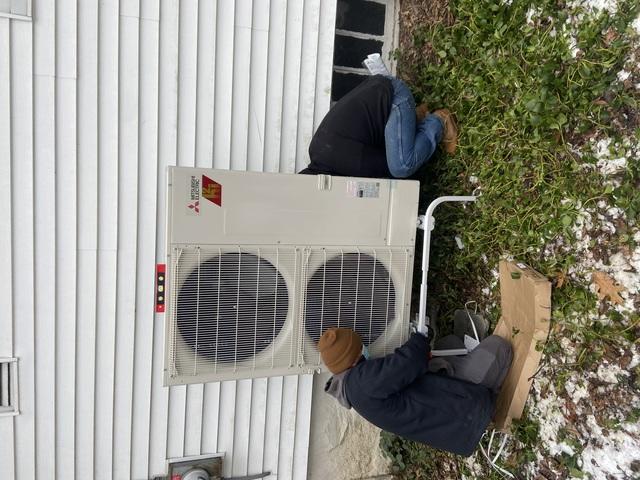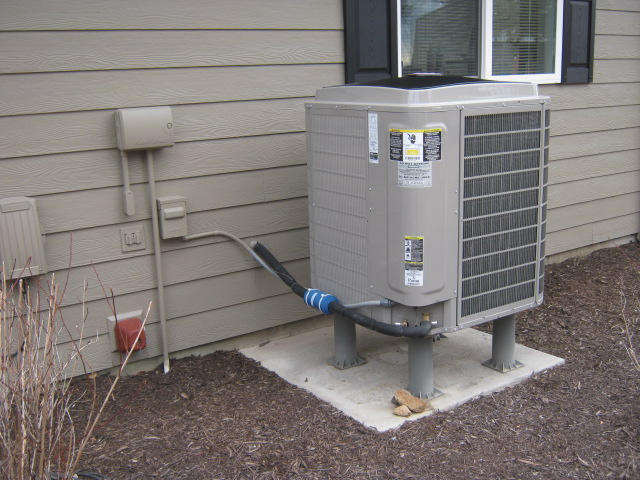
As the global focus on sustainable living continues to grow, more homeowners are seeking energy-efficient solutions for their homes. One significant area where improvements can be made is in home heating. In this article, we’ll explore various tips and tricks to achieve energy-efficient home heating, not only benefiting the environment but also saving you money in the long run.
Understanding the Importance of Energy-Efficient Heating
Heating our homes is a necessity, especially during colder seasons. However, conventional heating methods often lead to excessive energy consumption, resulting in higher utility bills and increased carbon footprints. Energy-efficient heating solutions address these concerns, offering a sustainable and cost-effective alternative.
1. Smart Thermostats: The Heart of Efficient Heating Systems
One of the most effective ways to optimize your home heating system is by investing in a smart thermostat. These devices allow you to control your heating system remotely, adjusting temperatures based on your schedule. By avoiding unnecessary heating when you’re away, smart thermostats contribute significantly to energy conservation.
2. Proper Insulation: The Foundation of Energy Efficiency
Before delving into advanced heating technologies, it’s crucial to ensure that your home is adequately insulated. Proper insulation retains heat within your living spaces, reducing the need for constant heating. Check for gaps, drafts, and poorly insulated areas, and invest in insulation upgrades for long-term energy savings.
3. High-Efficiency Heating Appliances
Upgrading to high-efficiency heating appliances is a game-changer for energy-conscious homeowners. Modern furnaces and boilers are designed to operate more efficiently, minimizing energy waste. Additionally, consider exploring alternative heating sources such as geothermal or solar heating systems for a sustainable approach.
4. Regular Maintenance for Optimal Performance
Maintaining your heating system is vital to ensure it operates at peak efficiency. Regular inspections, cleanings, and timely repairs can prevent energy loss and extend the lifespan of your appliances. Schedule professional maintenance checks at least once a year to keep your heating system in top-notch condition.

5. Zone Heating: Tailoring Comfort to Specific Areas
Zone heating allows you to heat specific areas of your home, avoiding unnecessary energy consumption in unoccupied spaces. By using programmable thermostats and adjustable vents, you can customize heating levels based on your preferences and occupancy patterns.
6. Harnessing Natural Heat Sources
Take advantage of natural heat sources to complement your home heating system. Utilize sunlight by keeping curtains open during the day to allow natural warmth in, and close them at night to retain heat. Strategic landscaping can also provide windbreaks, reducing heat loss during colder months.
Conclusion
Achieving energy-efficient home heating involves a combination of smart technology, proper insulation, and mindful energy consumption. By implementing these tips and tricks, you not only contribute to a greener environment but also enjoy the added benefit of reduced energy bills. Embrace the future of home heating with sustainable practices that prioritize both comfort and conservation. For further help, tips, and advice about home heating, you may visit GuidedTo to learn more.
